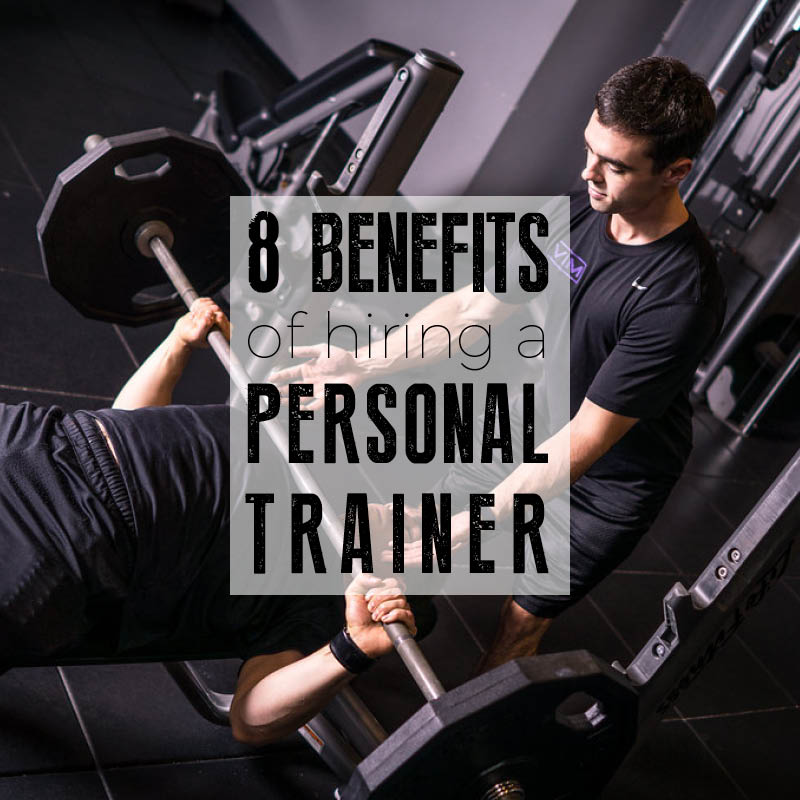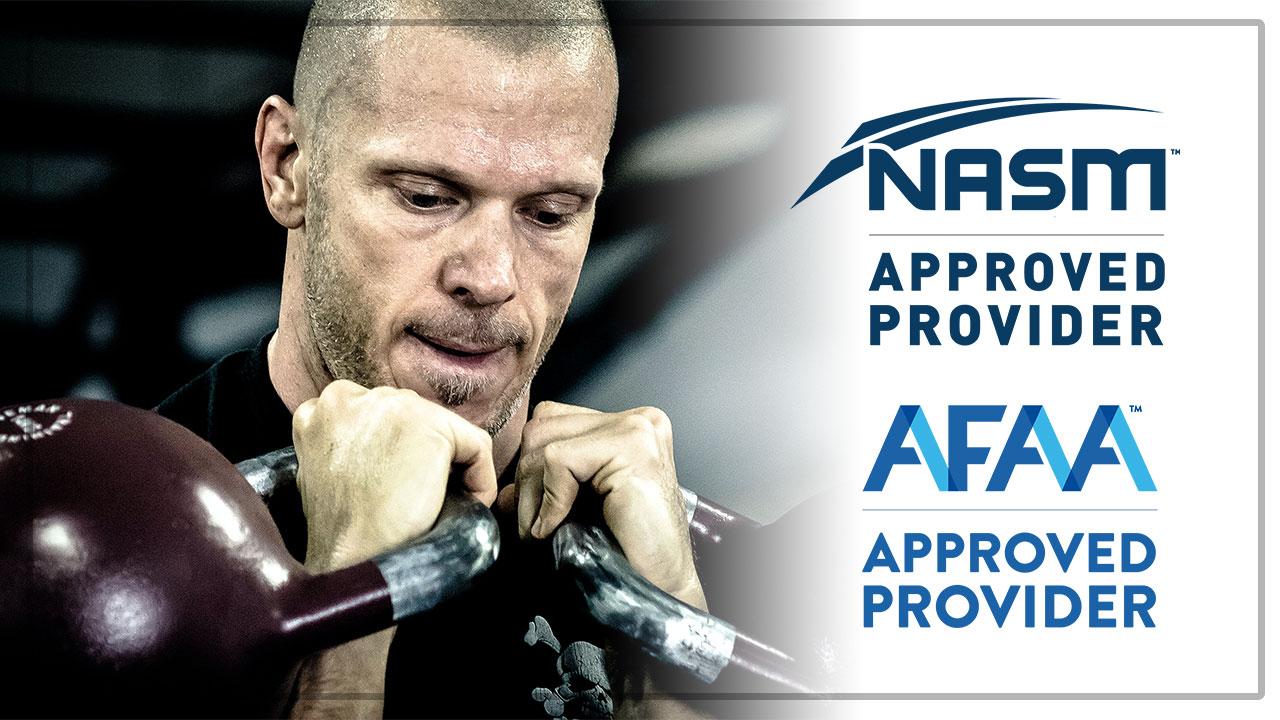
The NSCA offers a range of CEU options via events, quizzes, and home study classes. These opportunities are available through the association itself or through partner organizations. MedBridge is one of these organizations. If you wish to keep your certification current, you can take these courses free of charge.
MedBridge
MedBridge may be the perfect option for those who are interested in earning NSCAE credits. They offer CEUs on a convenient basis and offer a robust platform. A number of continuing education classes are offered on the site. The IDN Foundation course, for example, offers 27 CE hours or 32 CCUs and is approved for 2.7 CEUs through FSBPT. And Campus Recreational Sports: Managing Employees, Programs, and Services is designed to develop the skills and knowledge required by today's campus recreation manager.

ACE
Although the NSCA is more prestigious, and has been around longer than a decade, ACE has proved itself to be a worthy rival. It is recognized by many employers in the United States as well as in Europe. It is also recognized by the National Academy of Sports Medicine.
ACSM
ACSM CPT exams are multifaceted. It is divided into 4 domains, each based upon cognitive levels. To maintain your certification, you must retake the exam at least every three years. Recertification costs $45 on-time and $75 if you are late. It is composed of 150 multiple choice questions.
ISSA
To keep your ISSA certification current, you must earn at least 20 hours of continuing education credits (CECs). These credits are available for free but you must purchase the renewal kit, which is $99. The NSCA requires 6.0 CECs each three years. However, most certifications require renewals every two years.
NSCA
As a member of NSCA, you have access to a variety of CEU opportunities. These include on-demand CEU quizzes, virtual events, and industry-leading conferences. CEUs can also be earned by volunteering with NSCA and participating in other programs.

NASM
You've probably heard of continuing education units, or CEUs, if you're a health or fitness professional. These units can be earned through time-based credits by completing supplementary academic activities such as attending workshops or enrolling in certification classes. CEUs can only be granted if these courses are offered by an approved provider. NSCA demands that its members complete at least 60 hours of continuing educational every two years. NASM does not require this, but it requires three times as many. NSCA certifications are $60-$90. Non-members will need to spend $35-$65 to recertify.
FAQ
Which Is More Important: Exercise, Diet, or Sleep?
Your goals will dictate the answer. The most important thing to do if you are looking to lose weight is diet. Exercise is important for building muscle mass. Sleep is not as important as it seems, since it has no effect on how you perform throughout the day.
Exercise can I make my body gain weight?
Not at all. You can even maintain your weight by exercising. You can build muscle mass and speed up your metabolism by exercising regularly. This means that you won't store so much fat.
Do I need heat before exercising?
Warming up before you start an activity will reduce muscle soreness. There are many methods you can use to warm up, including running, jumping rope and stretching. You can start slowly and increase your intensity gradually.
What effects does caffeine have on my sleep patterns?
Caffeine effects how fast it takes to fall asleep and how much sleep you get. Caffeine can cause drowsiness that makes falling asleep much easier. However, caffeine can keep you awake longer and make it more difficult to fall asleep. Try drinking energy drinks and coffee before bed.
Exercise can I help me lose weight
Yes. Yes. Regular exercise can help you lose weight and burn extra calories. Regular exercise can help you burn calories even when your metabolism is not high.
What are Cardio Exercises and How Do They Work?
Cardiovascular exercises require your heart and lungs work harder than usual. You can do this by running, swimming, biking, rowing and bicycling. These activities help you burn fat and increase your metabolism. These activities can help you keep fit and strengthen your heart.
Can I exercise after eating?
It depends on the exercise you do. Avoid strenuous exercises after meals. It could cause stomach cramps. Focus on light aerobic activities such as biking or brisk walking.
Statistics
- Globally, 81% of adolescents aged 11-17 years were insufficiently physically active in 2016. (who.int)
- According to the Centers for Disease Control and Prevention, chronic diseases cause 7 out of 10 deaths in the U.S., and treating chronic diseases accounts for 86% of U.S. healthcare costs. (mana.md)
- In 2018, the World Health Assembly agreed on a global target to reduce physical inactivity by 15% by 2030 and align with the Sustainable Development Goals. (who.int)
- An estimated 110,000 deaths per year could be prevented (cdc.gov)
External Links
How To
How To Stay Fit At 40
This article is for those who want their body to be strong and healthy even after they turn 40. This article will provide basic advice on eating right, exercising, sleeping well, and taking care of your mental health. This article provides tips to help you live longer and be healthier.
-
Eat Right - The first thing you should do when trying to stay fit is to ensure you're eating the right foods. You should steer clear of processed food products, and eat whole grains and fruits, vegetables, lean proteins, fish, eggs, nuts, seeds, beans and legumes. If you don't like what you're eating, just add something else to your diet. Don't starve yourself; this won't help you lose weight. Instead, start adding small amounts of new things into your daily meals. For example, if you normally only eat chicken breast, try turkey once weekly. Or if you love pasta, try rice occasionally. Make these foods part of your daily routine.
-
Exercise – Make sure you exercise at least 3x per week. You should include cardio activities such running, swimming or biking. Get enough sleep. Sleeping for 8 hours per night is recommended. Make sure to drink lots of water throughout your day. Try to drink 2 liters (0.5 gallons) of water every day.
-
Sleep Well - Getting adequate sleep is essential to staying fit. According to the National Sleep Foundation adults need 7-8 hours of sleep per day to maintain their optimal physical and emotionally healthy. The majority of people sleep less than 6 hrs a night. You might consider changing your sleeping patterns if you feel tired all day. By changing your sleeping time, you will be able to catch up more sleep. To help you relax and wind down, turn off your phone before you go to bed. Avoid caffeine after noon to avoid insomnia.
-
Take Care Of Your Mental Health - For a healthy body, it is important to take care of your mind. Stress can cause poor eating habits and unhealthy lifestyle choices. Meditation, yoga, breathing exercises and relaxation techniques are all good stress management tools. Try to spend one hour of your free time doing something enjoyable. This could be taking a stroll outside, reading a book or listening to music.
These four simple steps will help you live a longer, healthier life. These four simple steps will help achieve your fitness goals.